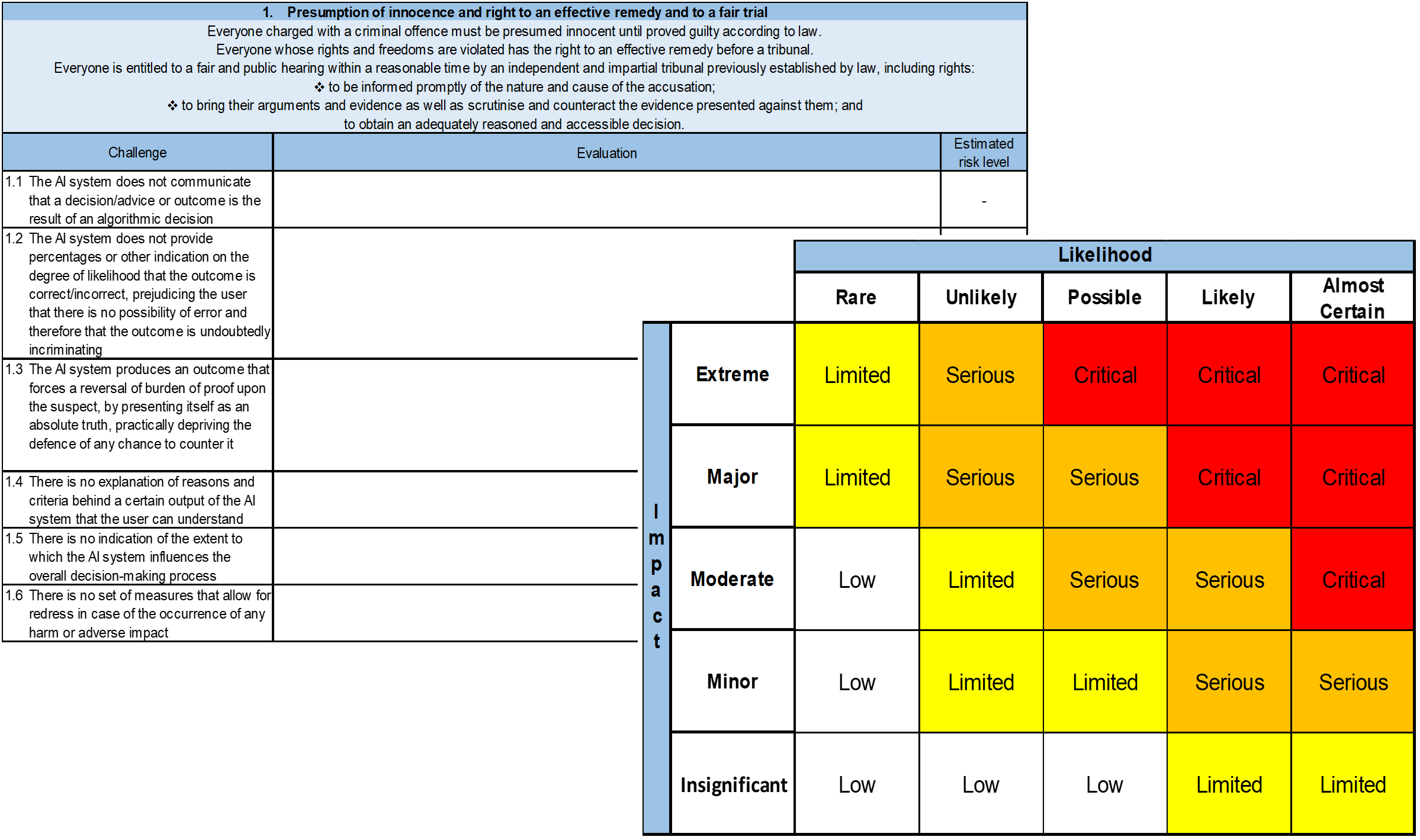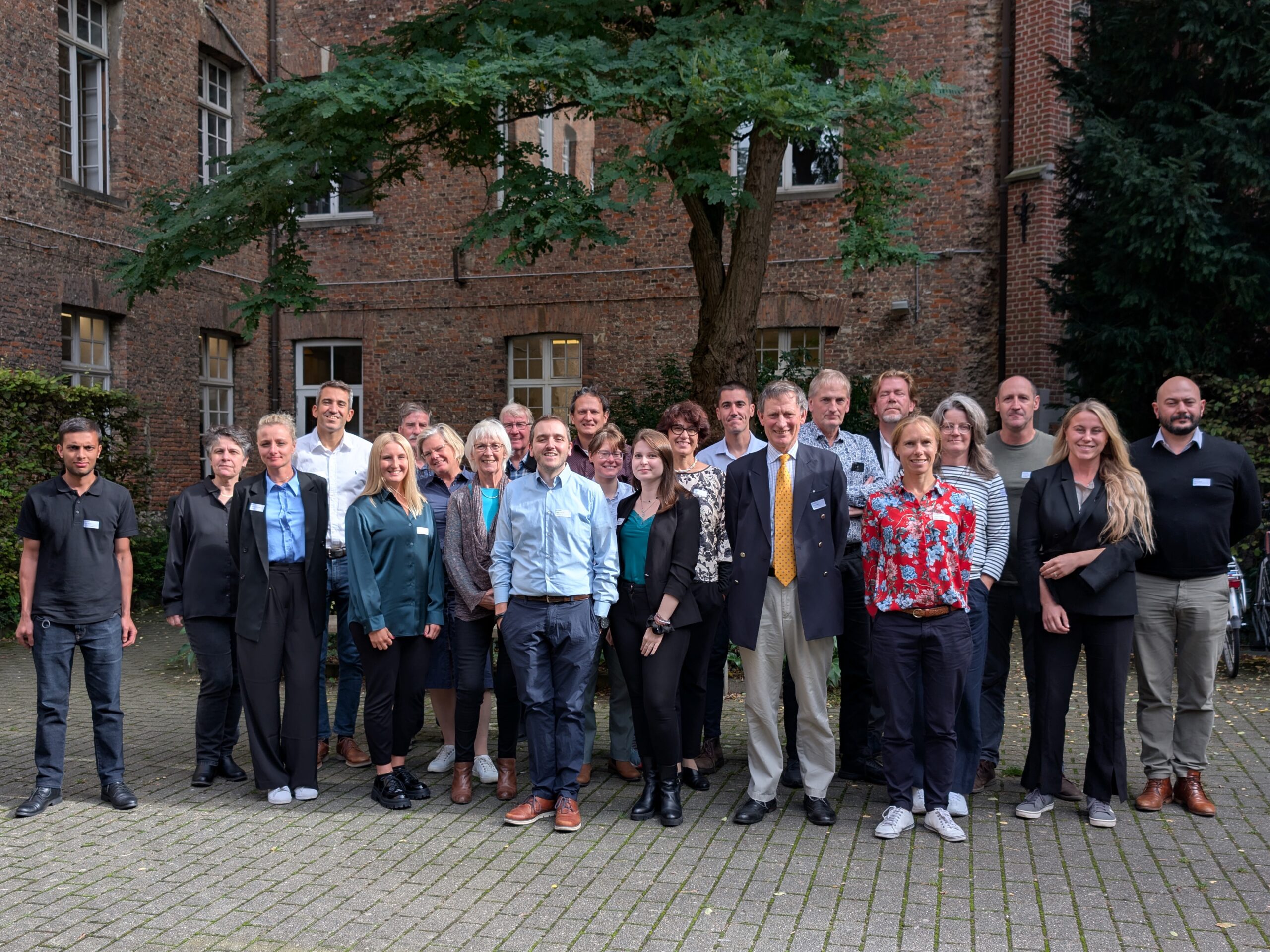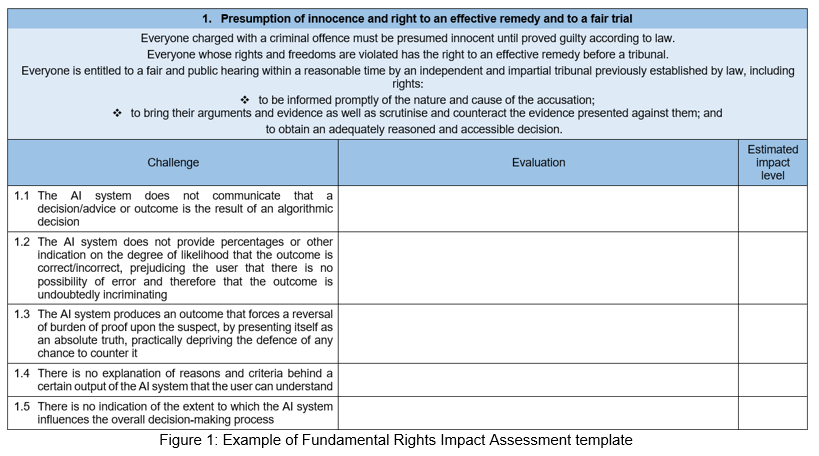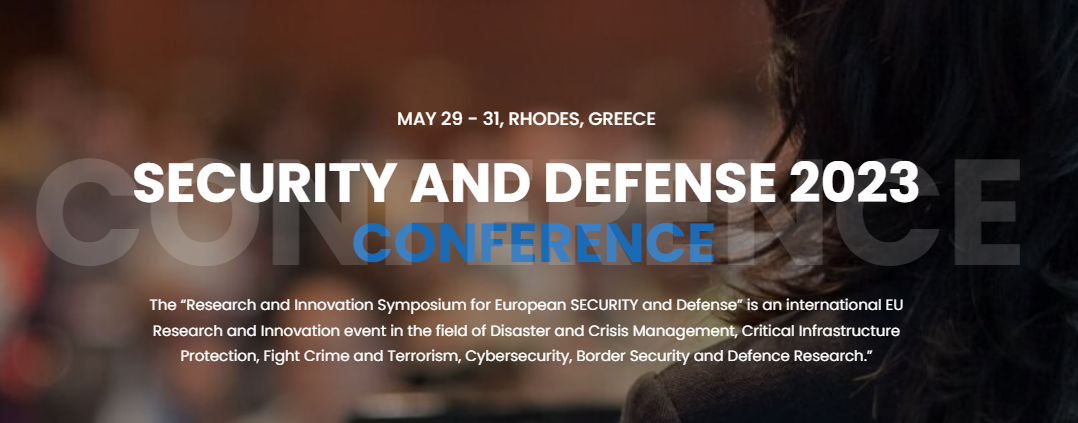
Towards a more secure Europe:
An AI roadmap for law enforcement agencies
ABOUT
The world is changing at an unprecedented rate, and AI is at the forefront of this change. While providing numerous benefits, many have raised concerns over the impact AI has or will have on matters such as security. The EU-funded ALIGNER project aims to unite European actors who have concerns about AI, law enforcement and policing to jointly identify and discuss how to enhance Europe’s security whereby AI strengthens law enforcement agencies while providing benefits to the public. The project’s work will help pave the way for an AI research roadmap.
Civil
society
Artificial
intelligence
Law
enforcement
NEWS & EVENTS

Dr. Daniel Lückerath
Coordinator
Project Manager, Work Package Lead
(WP1 – Project Management)
Fraunhofer Institute for intelligent Analysis and Information Systems IAIS
Schloss Birlinghoven 1
53757 Sankt Augustin
Germany
PARTNERS

Fraunhofer Institute for Intelligent Analysis and Information Systems IAIS, Germany (Coordinator)

CBRNE Ltd., United Kingdom

FOI: Totalförsvarets forskningsinstitut, Sweden

Katholieke Universiteit Leuven, Belgium
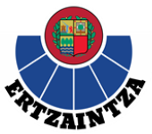
Gobierno Vasco – Departamento de Seguridad, Spain
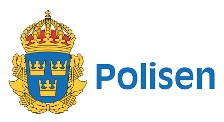
Polismyndigheten Swedish Police Authority, Sweden

Bayerisches Staatsministerium des Innern, für Sport und Integration, Germany
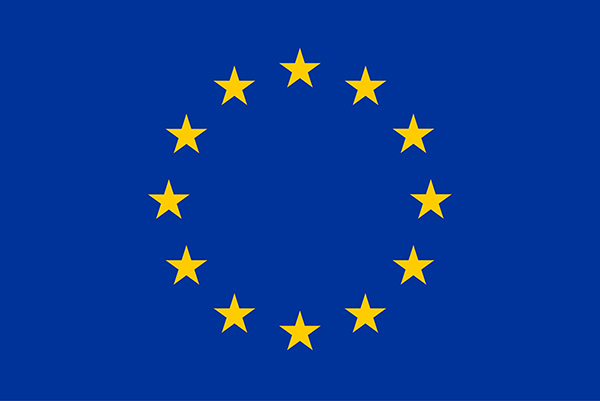
This project has received funding from the European Union’s Horizon 2020 research and innovation programme under Grant Agreement no. 101020574.

